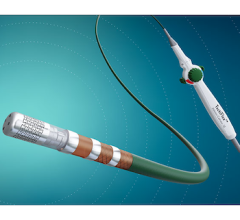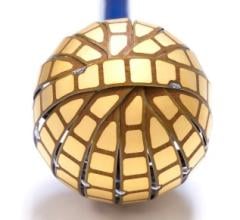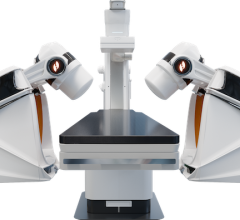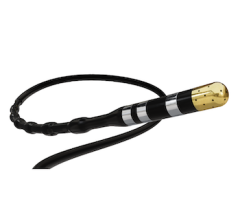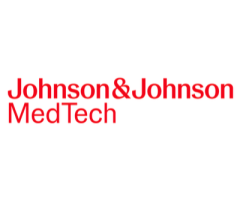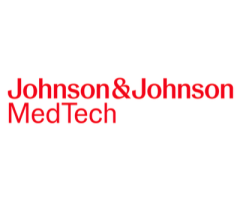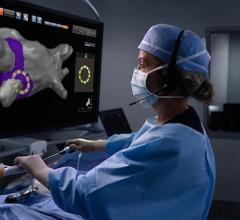May 13, 2008 – Spectranetics’ excimer laser sheath safely and effectively assists removal of pacing and defibrillator leads, according to the study, “Large, Single-catheter, Single-operator Experience with Transvenous Lead Extraction: Outcomes and Changing Indications,” featured in the April issue of HeartRhythm.
The study represents a seven year retrospective analysis of data from 498 lead extraction procedures involving 975 leads. The conclusion demonstrates safe extraction of leads successfully removed with laser assistance.
The Spectranetics Laser Sheath (SLS II) use cool ultraviolet light to ablate scar tissue that holds problematic leads in place. A circle of fibers that emit pulses of energy travel over the cardiac lead towards the tip to dissolve scar tissue that binds the lead to the body. Once the scar tissue is dissolved, the lead can be safely removed. Spectranetics’ Lead Locking Device (LLD) technology can also be used to assist removal by creating secure traction during procedures that may or may not require laser assistance.
The retrospective study at Brigham and Women’s Hospital in Boston was designed to examine indications, outcomes and complications associated with transvenous lead extraction. Dr. Laurence Epstein, Chief of Cardiac Arrhythmia Services at Brigham and Women’s Hospital acted as the single-operator in the study handling all 498 lead extraction procedures throughout the seven year period. The study showed a success rate of over 97 percent with only two major complications, and no deaths. These two major complications out of 498 procedures resulted in a major complication rate of only 0.4 percent. The published article also highlights concerns surrounding existing formal recommendations for lead removal given the technologies available to assist the process. The article notes that “the rate of complications from abandoned leads reported in one study was as low as 5.5 percent, which still is higher than the complication rate from extraction.”
“We were interested in reviewing our outcomes, at a high volume center with an experienced operator,” said Dr. Epstein. “Historically the indications for lead extraction have been tempered by the risks, real and perceived, associated with the procedure. This study demonstrates that transvenous lead extraction can be performed safely and effectively in a wider population of patients.” Dr. Epstein further describes his strategy, explaining, “Hopefully, this will reduce the number of patients subjected to open heart procedures and the risks and complications of abandoned leads. However, this is not an endorsement for the performance of extraction, more widely, in inexperienced hands. Excellent results are achieved through careful preparation, planning and experience.”
For more information: www.spectranetics.com


 February 06, 2026
February 06, 2026 
